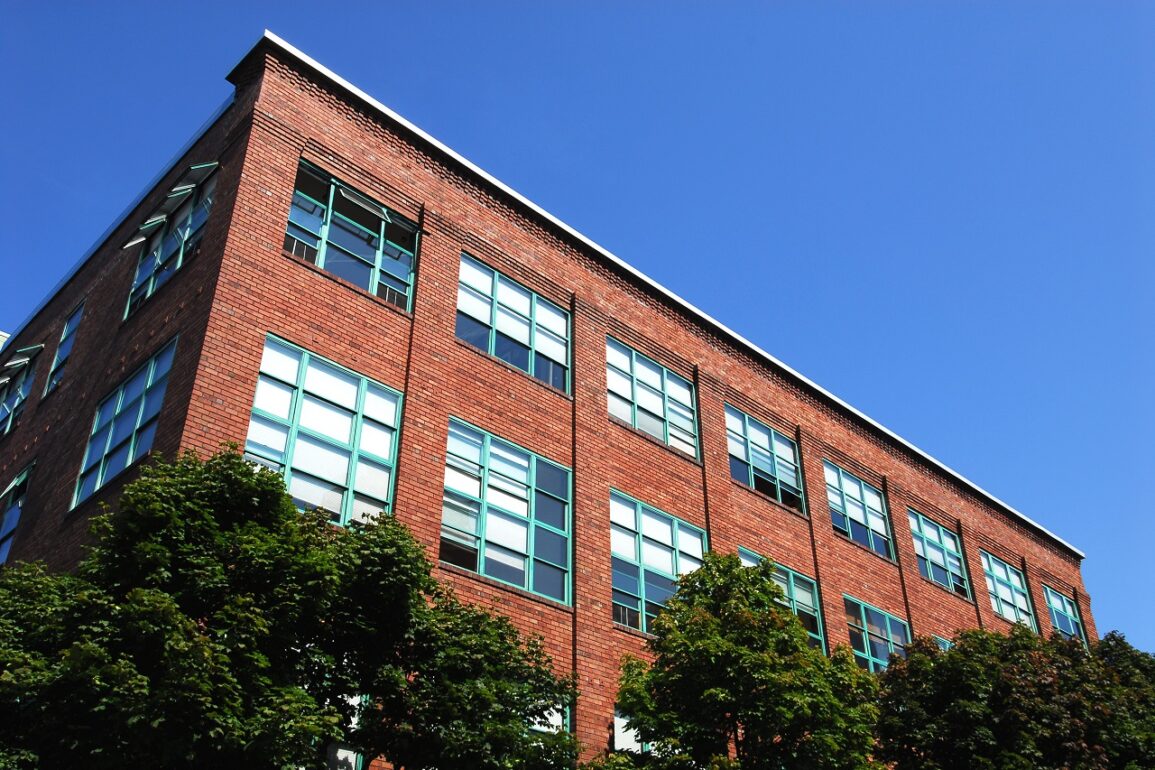In Seattle’s demanding real estate market, rising prices and increased rent have many buyers and renters struggling to keep pace. The city is well-known for its high-paying tech sector, with a reported median income of $102,500 in 2019 — 56% higher than the national median. Despite this seemingly ample income, with the median cost of a single-family home in Seattle rising to $970,000 last month, even above-average earners are struggling to make ends meet, let alone the pressures faced by the city’s shrinking middle class.
One answer to this problem may be found in the “social housing” model popular in Europe, and particularly in cities like Vienna, Austria. A recent ballot initiative filed by a new housing and homelessness advocacy coalition called House Our Neighbors aims to create affordable housing for residents earning between 0% and 120% of the area’s median income.
If the measure passes, it would create a public development authority which would purchase existing housing and turn it into social housing. The authority would own and maintain the housing, and because it’s not associated with local or federal government, it would not be subject to the same income restrictions and requirements as federally-funded housing projects.
By offering housing for all income levels, the social housing initiative strives to create a more diverse and inclusive mix of residents in each social housing project. Additionally, residents would not be penalized if their income increases or decreases for any reason. Currently, the majority of federal housing funds go to those who make 80% or less of an area’s median income.
Once the housing authority is established, it would be able to apply for grants and issue bonds based on future rent. Additionally, the social housing initiative would provide for the creation of a governing board of 13 members, with a majority of those being renters living in the social housing units. The board would then create a charter to establish what the housing authority can or cannot do, and oversee work on the social housing projects.
There is currently no information on how much funding the housing authority would need initially, or where exactly it would get the funds from. If the measure passes, however, the authority would be able to receive grants and donations after its start-up.
This unconventional approach to housing may be what Seattle needs to provide new opportunities for both low- and middle-income earners. Since the social housing model doesn’t penalize residents for income increases or decreases, it’s also a sustainable option for an economically diverse set of future residents.
Information for this article was found on the Seattle Times and Seattle P.I.



